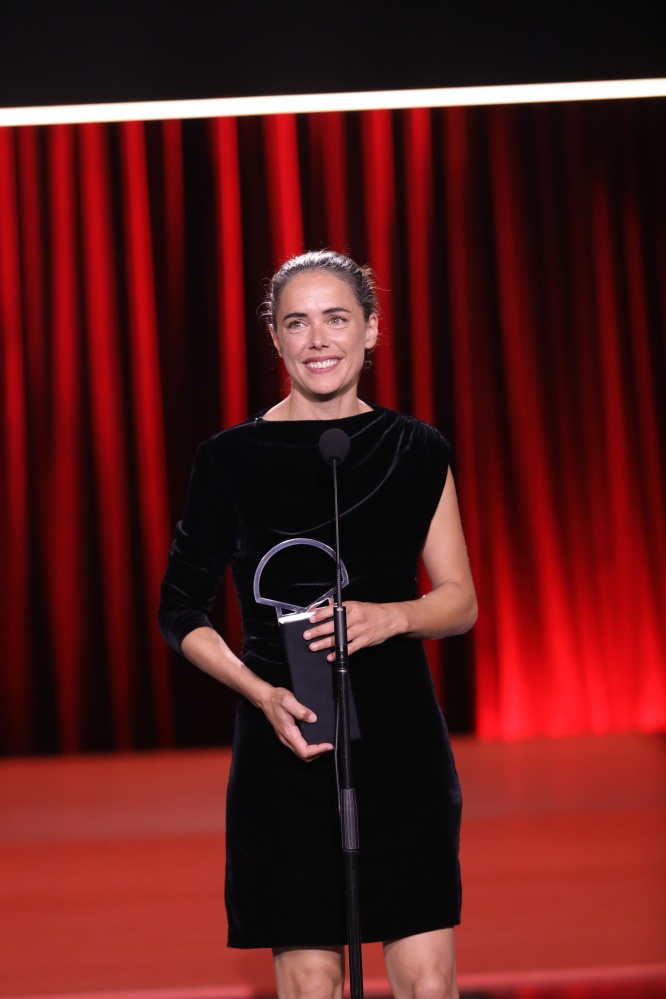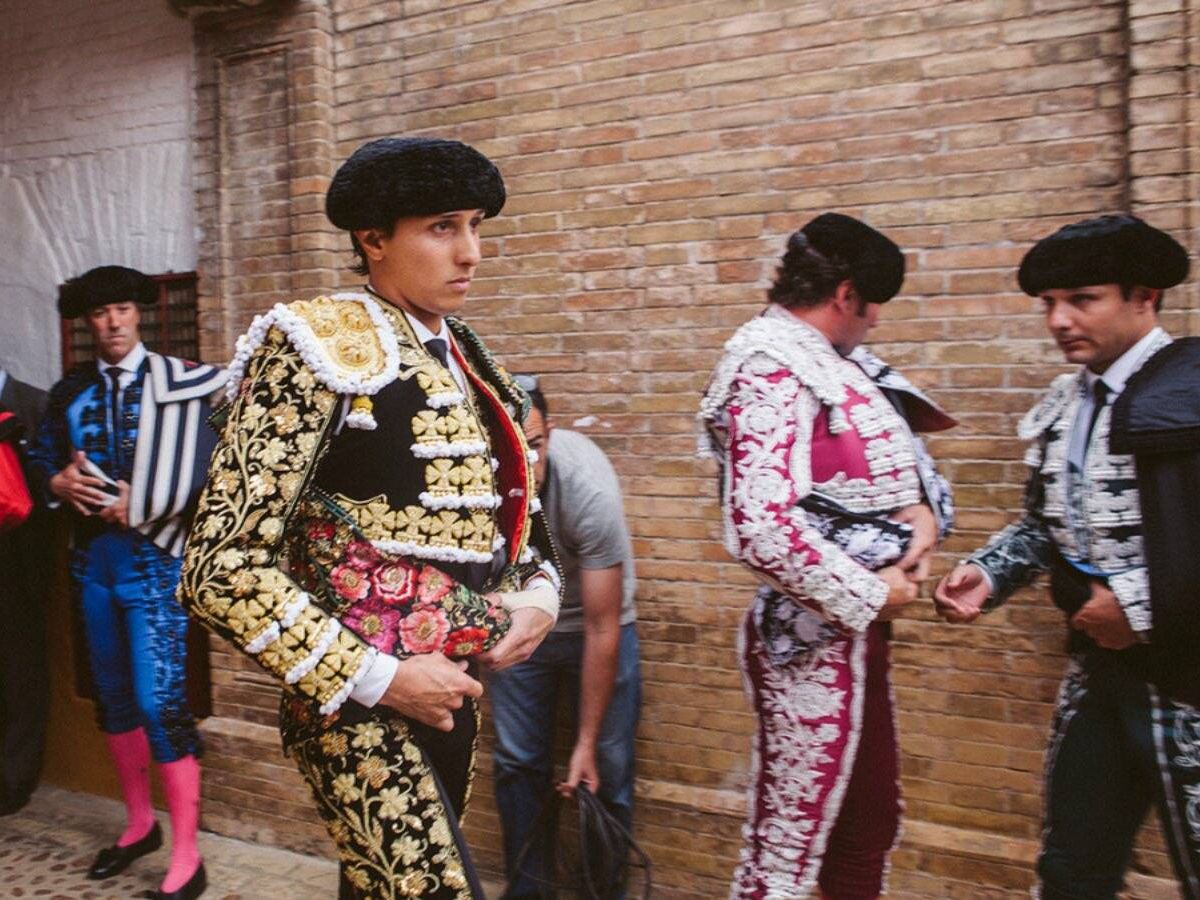"I want to tell the story from the point of view of the lion, not the hunter."
- Reda Zine (Casablanca, 1977) was born in Morocco. He is one of the creators of the L’Boulevard music festival in his hometown. The singer, based in Bologna (Italy), presented in 2015 The Long Road to the Hall of Fame, a film based on Tony King's life and career. Through the life of a football player, actor, political activist and former security officer of the Public Enemy team, the program will investigate the last decades of African-Americans in the United States. Last February he visited our house to introduce the film.
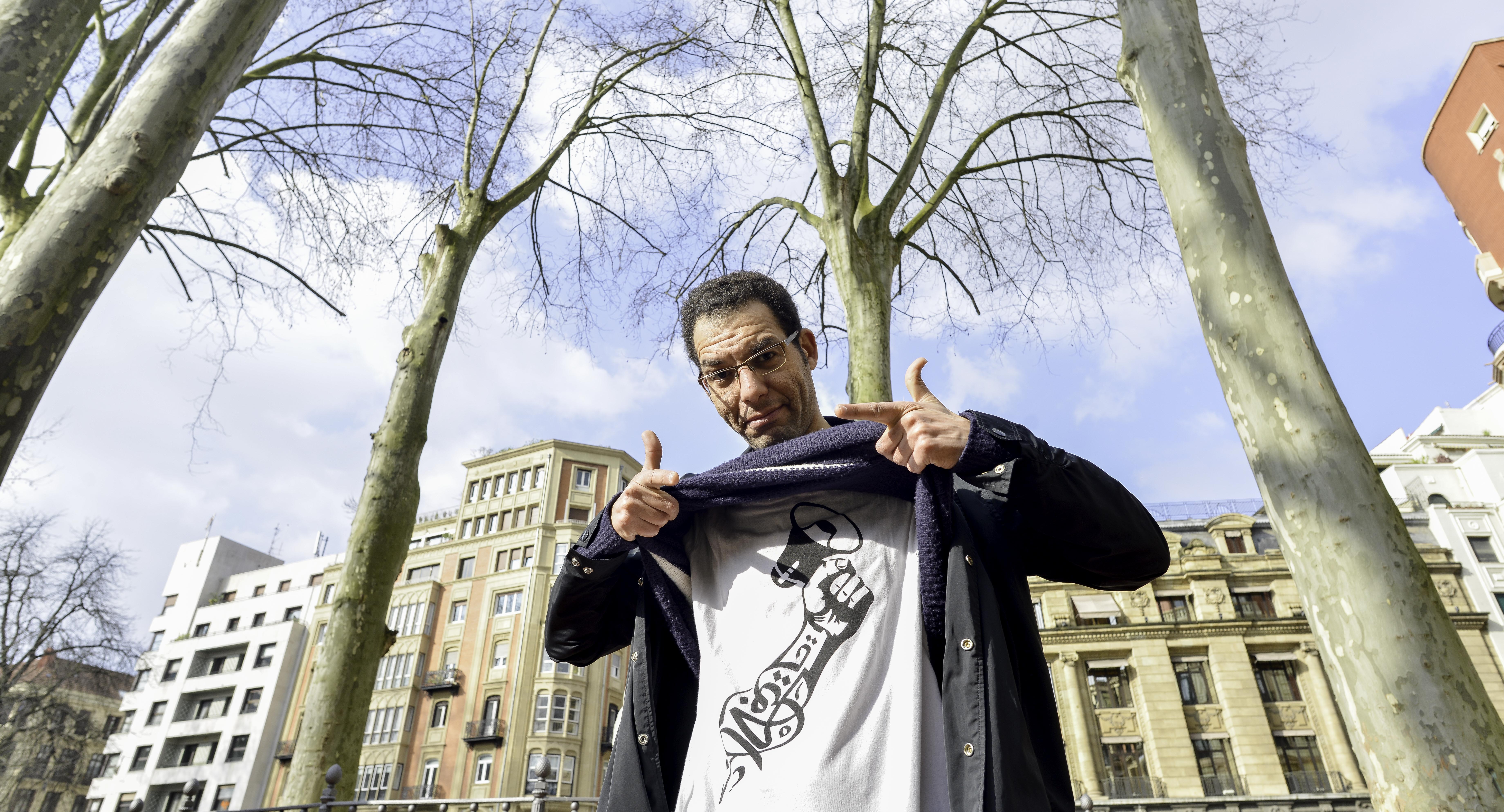
You started in the alternate scene in Casablanca.
We started in a busy theater, we were a small group of actors, musicians, journalists, technicians... We started organizing as a partnership, renting small rooms, and we realized that, like us, there were a lot of people wanting to do things... L’Boulevard eventually became a festival.
Wouldn't it be easy in Morocco in the 1990s?Public opinion and the
media were not open to expressions beyond traditional or pop music, the heavy metal and hip-hop we wanted to push were considered extreme. By the way, by 1997, the Internet wasn't as developed as it is now, we didn't have a chance on television and we shared VHS tapes. The Ministry of the Interior was then very hard, there was a lot of ostracism, a lot of fear and a lot of censorship everywhere.
Then came repression.
We started to achieve great success, but from the government, from the Islamists and from the right in general, there were more and more attacks. It was a period of transition, after the death of Hassan II.aren, but the Ministry of Culture did not consider what we had done to be culture. “You are the degeneration of the West, of imperialism,” they told us. Then came the arrests: In February 2003, after a concert, fourteen people were arrested in their homes and imprisoned in jail on the judge's order. They were accused of “satanism.” It was a Kafkaesque process, they were asked stupid questions, presented to them as proof that at home they had black t-shirts and candles...
What was the response of society?
It was the time of the invasion of Iraq and, in Morocco, we were joined by the American invaders. We organised a protection campaign with the detainees, but the media in Morocco and public opinion were opposed, and very few people helped us inside. The most remarkable thing was the support of old extreme left-wing trade unionists who lived years of lead. Among them was the journalist and anarchist Amale Samie, who recently died. We were apolitical, but they sought lawyers and left us local to organize protection.
And out?
I was already out of Morocco, fortunately, and I was able to help from outside, via the Internet, to campaign for friends, but the regimes in Morocco and France have always agreed and there was absolute silence in the French media, they did not speak for 40 days. One day, Le Monde raised the issue in the skin, then Liberation came and... the next day his friends were released. On the other hand, in a few weeks, another fourteen young people, not rockers, but brainwashed by Al Qaeda, starred in suicide attacks in the town of Casablanca. This represented a radical change in the government’s attitude and from there they began to support the L’Boulevard festival.
You stopped then in Paris and went to the movies.
I studied the influence of television on the construction of identities in the Sorbonne. I finished my studies and worked as a journalist, in two radios and in a magazine created by Amale Samie I started to give news about France, but the pressures and censorship of two years caused the magazine to close. I intended to return to Morocco, but I married an Italian colleague and went to Bologna. There I started working with immigrants on a radio and working with Cineteca de Bologna. I made a documentary about the Moroccan music scene and, with the help of Cineteca, collected This is mys story, stories of migrants integrated in cities like Bologna, Bucharest, Seville and Riga. Or Ours? - I said. The little I got was The Long Road to the Hall of Fame.

Did you stumble upon Tony King?
Yes, at the time when Obama took over EE.UU, he wanted to interview Public Enemy singer Chuck D about Obama’s victory for L’Boulevard magazine. I had to go through him, as he was the security officer of the Public Enemy team. He told me that he had played at the NFL, at the time of the blacksploitation movement, at the Nation of Islam, named Malik Farrakhan ... I didn't give her much credibility, but then I started looking at Google and ... Ah! It was her! I proposed to him to make a film about him and he gladly accepted.
You've made the documentary on your own and without permiso.Hay that you ask for
a special license to roll in the United States, but I didn't ask for it. Dr. Chuck and his friends saw that I was a humble author and opened all the doors for me to make a film about Tony. From his hand I was able to get into the ghetto, because in Los Angeles, except for Hollywood, you have the Watts neighborhood. Tony is a place where he lives, and if you're white, you can't just walk around.
“Ghetto-a munduaren periferia da, eta Tony King-Malik Farrakhan ibili zen Nation of Islamen metaforikoa da islama; mezan bezala aritzen dira kantuan, Korana eta Biblia aipatzen dute... hurbilketa sinkretikoa da. Ulergarria da: zuriek erlijioa ezarri zieten, baina ezin da zentsuratu barne ahotsa, kantak, aldarte hori. Begiratu beltzen elizak eta konturatuko zara. Arrazakeria arazo handia dago AEBetan, deshumanizazio historia luzea dute, baina ez daude prest erreparaziorako. Gil Scott-Heron-ek esan bezala: nork ordainduko du erreparazioa nire arimarentzat? Bada, hasteko, historia lehoiaren ikuspuntutik kontatu behar da, ez ehiztariarenetik”.
Edurne Azkarate said from the micro stage that the Basque film has little Basque in the celebration of the San Sebastian Film Festival. The phrase echoes for its truthfulness. In the architecture scene you can repeat the same motto and I am sure that in so many other cultural... [+]
Bound in Heaven
Address: Xin Huo
Country: China
Duration: 109 minutes
Premiere: Not implemented
Run away from death, forward. The man who suffers a terminal illness will do so, along with his lover, friend and travel partner. A hard but positive film, with good image... [+]
And that was Saturday and not Sunday. It was hard for him to clear up the day, because there were far fewer people on the street and there was no hurry. Some soon approached Kursaal and Victoria Eugenia Theatre, where they projected the closing movie of the night, We Live in... [+]
The ninth and final day, at a special festival that will remember me with great affection. Leaving two films risky for the last day, I'm writing this first chronicle with the music of a bar, because I didn't like the movie I saw before.
I've seen Ulysses in the program of the... [+]
The Gasteiztarra Patricia López de Arnaiz has been made with the Goya the best lead actor at the 72 San Sebastian Festival. In the Zinemaldia, for his work in the film 'The Flashes', directed by Pilar Palomero.
The film is based on the first narrative of Eider Rodríguez's book... [+]











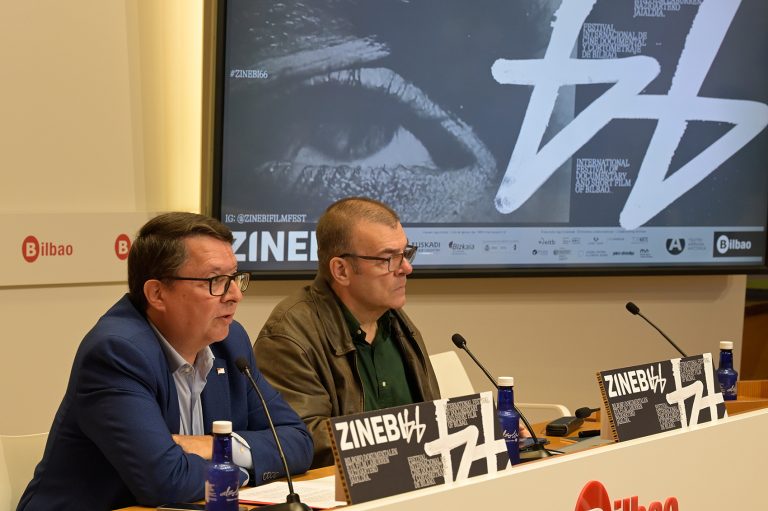
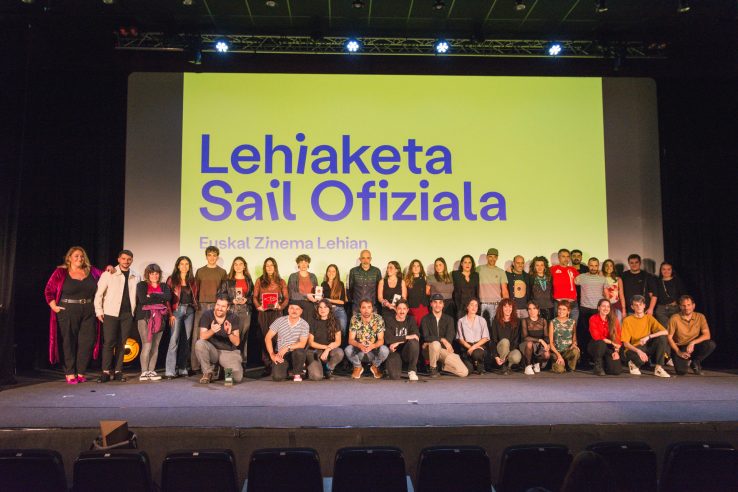
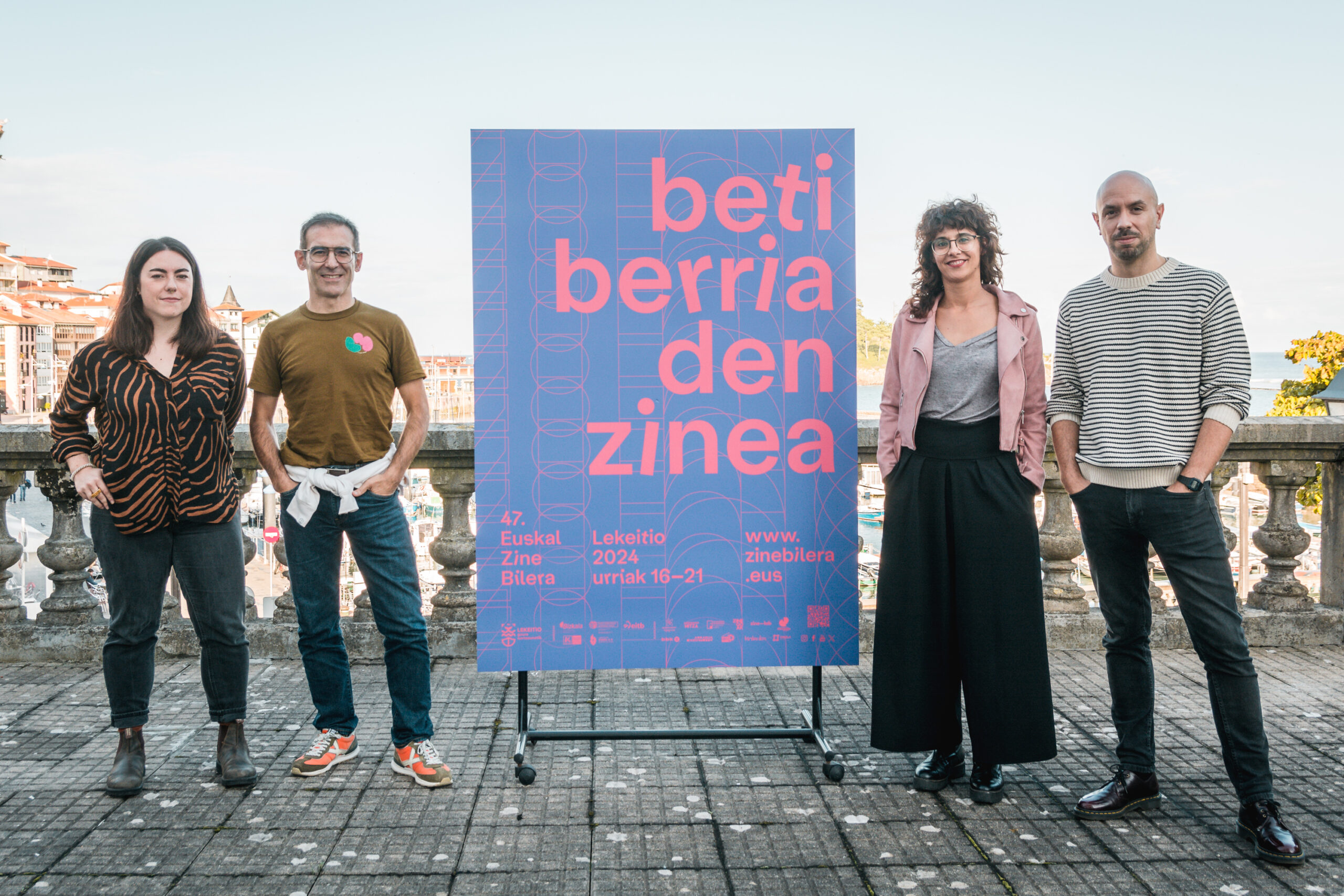
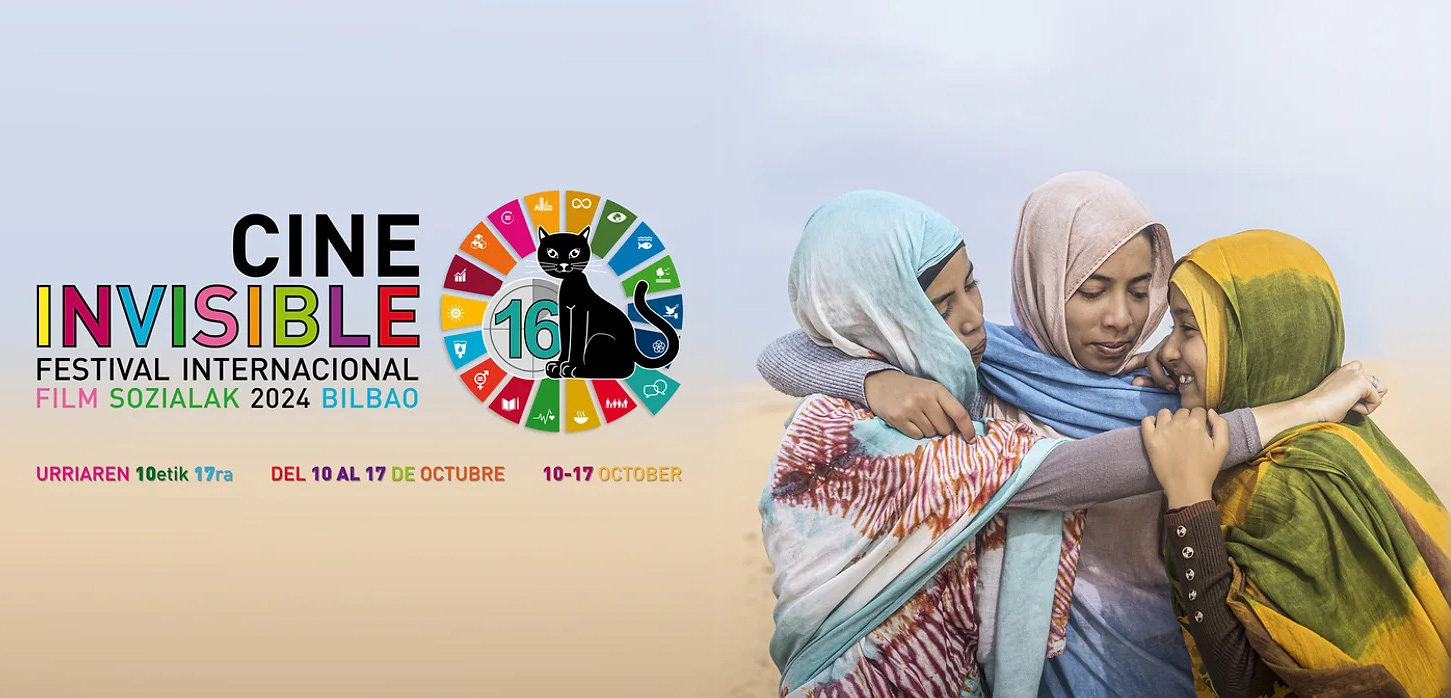


.jpg)




